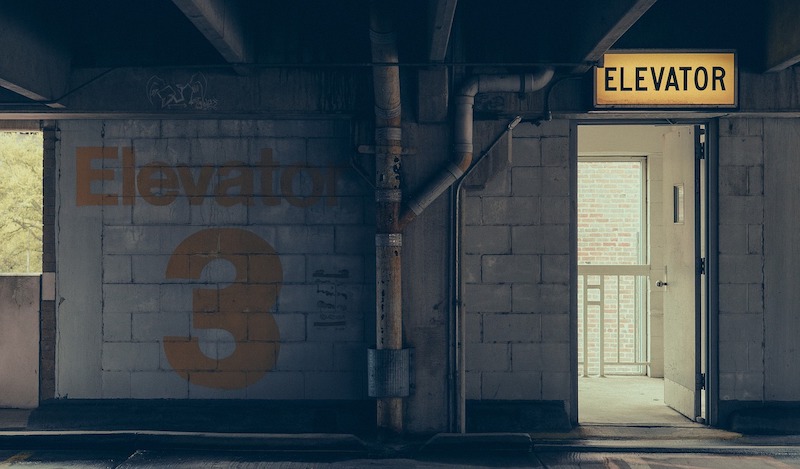A new report by the Council on Tall Buildings and Urban Habitat (CTBUH) investigates the potential for rope-less and multidirectional elevator cabins for high-rise buildings.
The technology runs on a series of seamless loops, powered by magnetic levitation. These rope-less and multidirectional elevator cabins could follow multiple routes within a given building.
This would reduce the number of shafts needed and increase rentable area, while also allowing elevators more options in terms of where they stop across a building’s dimensions. This technology could be paired with skybridges and skyspaces to link communities together at height.
This concept could bolster “the critical link between a piece of architecture and the urban sphere, while combating some of the insularity endemic to skyscrapers,” according to CTBUH. The report is the result of two years of research by the CTBUH Research Office in Venice, CTBUH staff, professionals in the field, and a research team of architecture and supporting academic advisors. It is part of a series of research reports that offer insight into specific areas of skyscraper research.
Related Stories
| Jan 30, 2012
ZigBee and ISO 50001: Two new standards to make buildings greener
These developments demonstrate the dynamic nature of the market and the continued need for development of program standards of many different types that help builders and owners translate high performance and sustainable buildings goals into practical measures on the ground.
| Jan 30, 2012
New firm-fixed-price rules on federal contracts impact construction industry
Contractors will need to be on the lookout for policies such as the Contractor Accountability for Quality clause.
| Jan 30, 2012
Roofer’s fatal plunge demonstrates need for fall-prevention regulations
“The biggest problem is getting our workers to use the equipment,” says Michael J. Florio, executive director of the organization.
| Jan 26, 2012
Tampa moves to streamlined online permitting system
The system will replace an inefficient patchwork of old software and is designed to provide businesses, homeowners, and contractors with online access to permitting and licensing information.
| Jan 26, 2012
EPA to collect more data, seek comments before finalizing mud rule
The EPA says it will seek more data and is accepting comments until March 5.
| Jan 26, 2012
Industry challenges Connecticut's suit over defective construction work
The dispute arose over multimillion-dollar leaks at the University of Connecticut's law library.
| Jan 26, 2012
Earthquake 'fuse' could save buildings during temblors
The idea is to use an earthquake "fuse" that can prevent the tiny fractures and warps that make structures unsafe after a quake and very expensive to repair.
| Jan 26, 2012
HPD open materials standard for green building materials gains momentum
GreenWizard, provider of a cloud-based product management and project collaboration software, is the latest industry participant to sign on
| Jan 26, 2012
Siemens launches smoke detection knowledge center
New knowledge center web site demonstrates efficacy of smoke detection.
| Jan 18, 2012
Chile's seismic code upgrades credited with saving lives in 2010 quake
Since 1960, when Chile suffered a 9.5 magnitude quake, the largest ever recorded; the country has steadily improved building codes to protect lives and property.

















